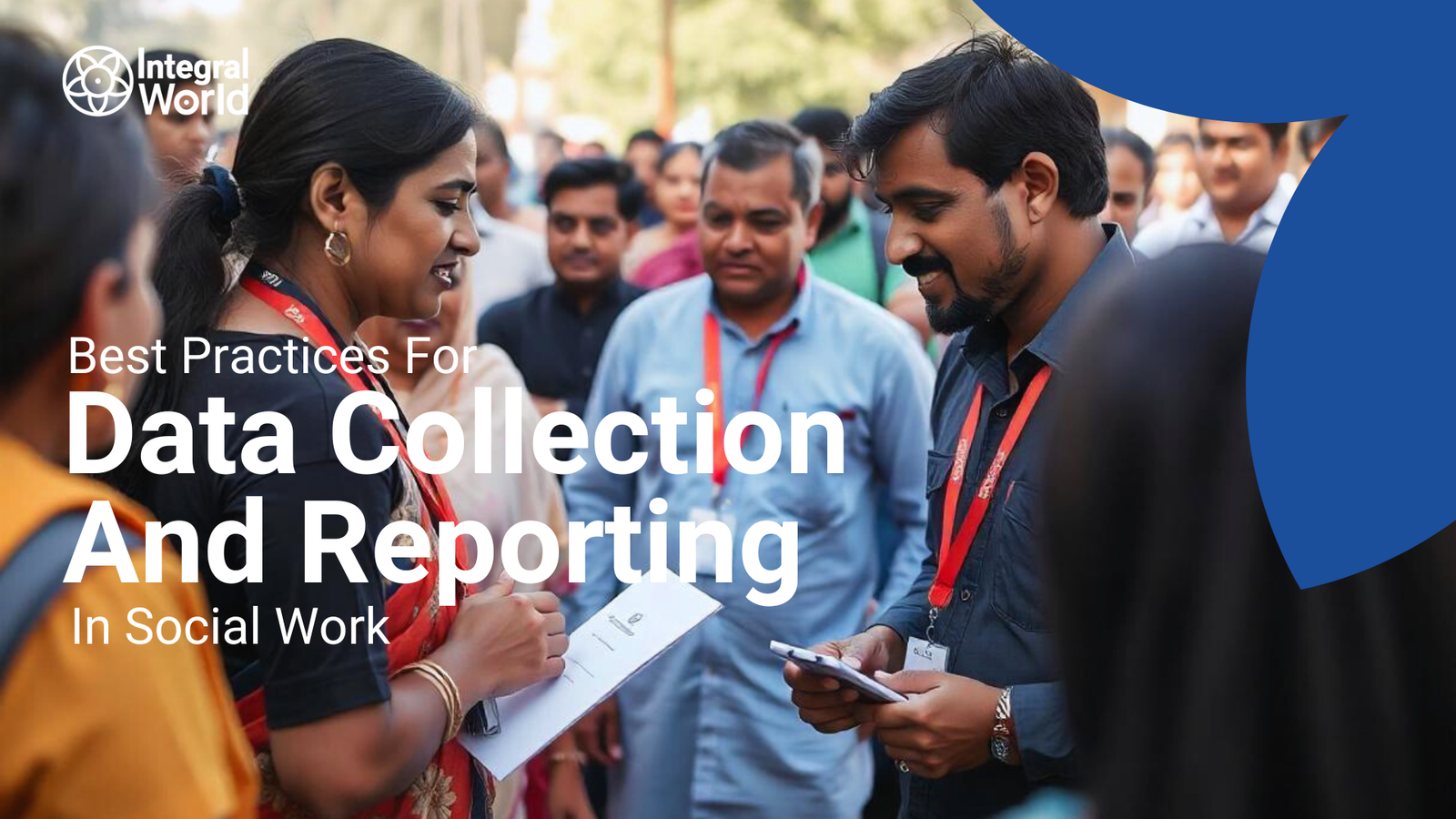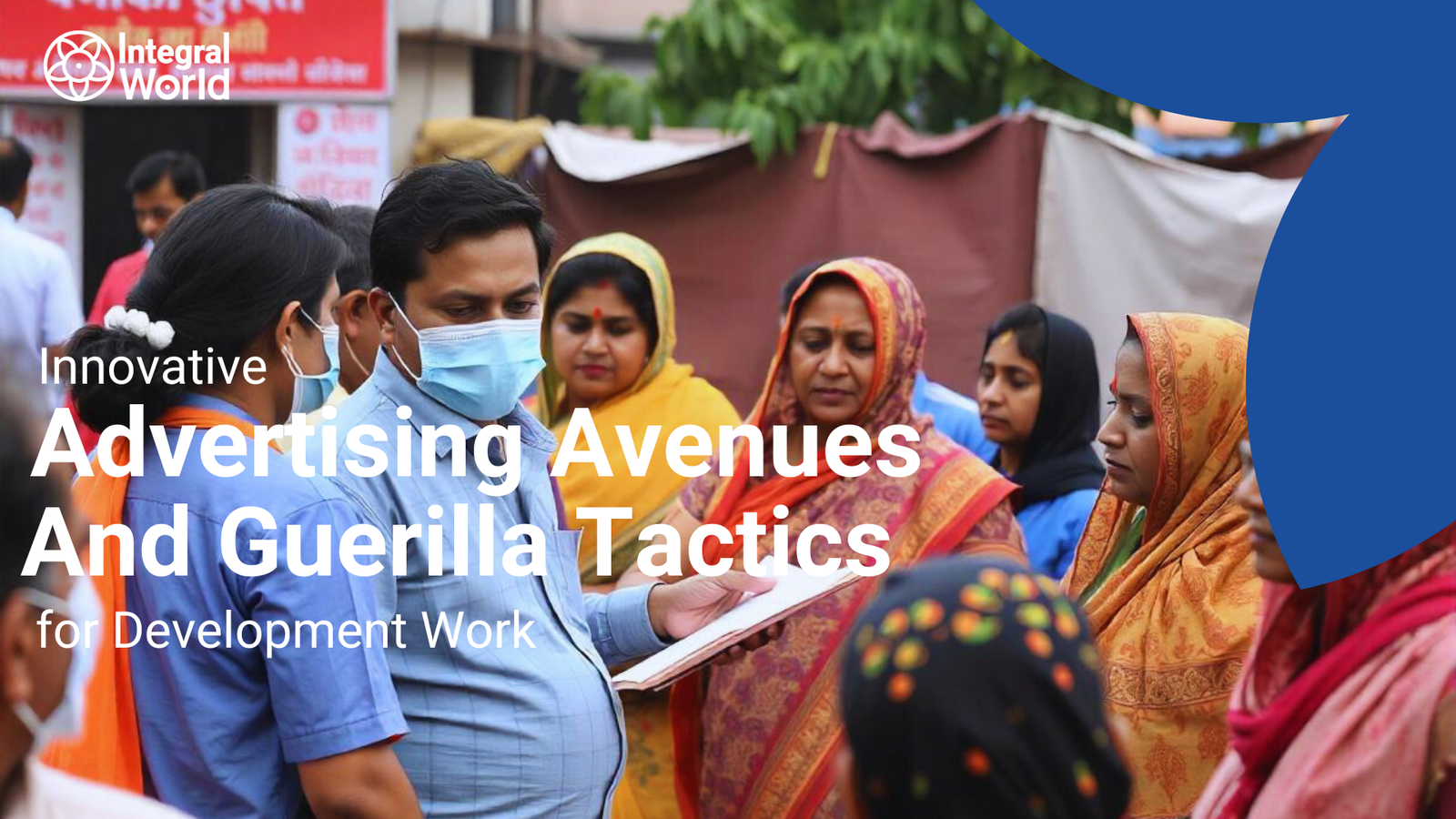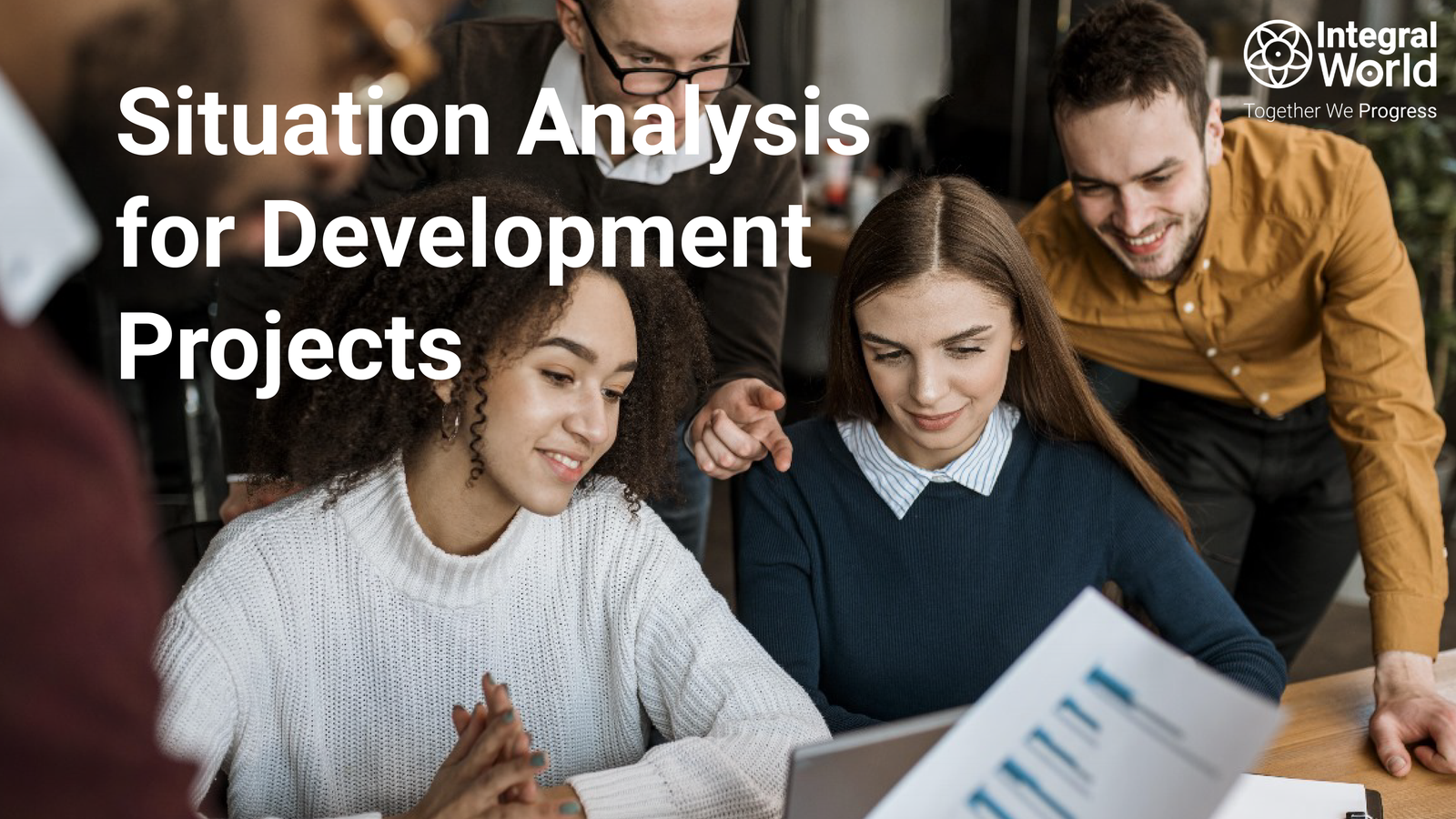In social work, effective data collection and reporting are essential to drive impactful development strategies. There is a need for accurate data that can inform strategic decisions and enhance transparency, accountability, and stakeholders’ engagement.
Integral World appreciates the transformative power of data-driven approaches to social work and leads organizations through best practices in data collection and reporting. This article explores strategic workshops as well as training programs designed to improve these practices, giving detailed examples, success stories, as well as expert insights that illustrate the benefits.
Importance of Data Collection & Reporting in Social Work
Effective social work depends on a good foundation of data collection and reporting. It helps organisations understand community needs, measure program outcomes and show the impact they have made. Here’s why:
Informing Decision Making
Data provides factual basis for decision-making thus enabling organisations to tailor their interventions according to specific needs of their communities.
Transparency and Accountability
Trust with donors, stakeholders, beneficiaries among others can be built by accurate reporting which promotes transparency and accountability.
Impact Assessment
Data allows evaluating effectiveness of programs and identifying areas requiring improvement thereby ensuring cost-effective use of resources.
Advocacy & Fundraising
Well-documented data can be used as a tool for advocacy or fundraising showing the value or impact of an organisation’s efforts to potential supporters.
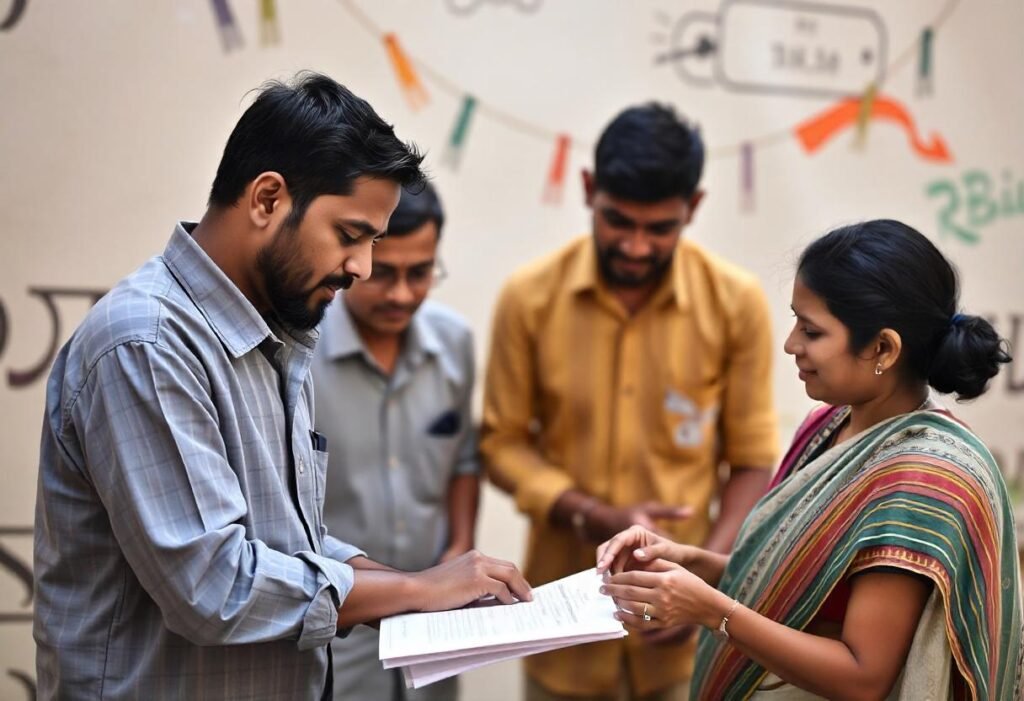
Practices in Efficient Data Collection
Clearly Define Objectives
It is crucial to define clear objectives before embarking on gathering information through such means. Find out what details you want here, why you need it there and how it will be utilised later.
Expert Insight: “For effective data collection there must be clear objectives that ensure relevant information gathering consistent with your organisation goals” (Dr Sarah Thompson; Research Specialist).
Use Standardised Tools & Techniques
Standardisation ensures consistency and reliability in collecting data. These include validated questionnaires surveys as well as protocols used for collecting data.
Actionable Tip: Staff need to be trained on standardised methods and tools so that they can effectively collect data. Take time to review and update your tools so as to incorporate new trends and best practices.
Ensure Quality Data
Data of high quality is accurate, timely, and complete. Measures such as regular audits or validation checks should be implemented to ensure quality data.
Actionable Tip: Develop a data quality management plan with procedures for entering, validating, and verifying data. Educate staff in maintaining integrity of information.
Adhere to Ethical Guidelines
Ethics are crucial when collecting data. Obtain permission from participants and keep their information private while treating sensitive data with caution.
Expert Insight: “Building trust between you (the researcher) and the participants is an important factor because it increases the credibility of results obtained from your studies” (Dr. Emily Carter; Ethics Advisor).
Technology Adoption
The use of technology can aid in streamlining processes related to collection of data as well as increase its reliability. Use digital platforms or tools for collecting, storing, analysing primary research quickly.
Actionable Tip: Look into software assisting with managing records together with mobile applications which facilitate real-time reporting. Technology solutions must also be secure and user-friendly.
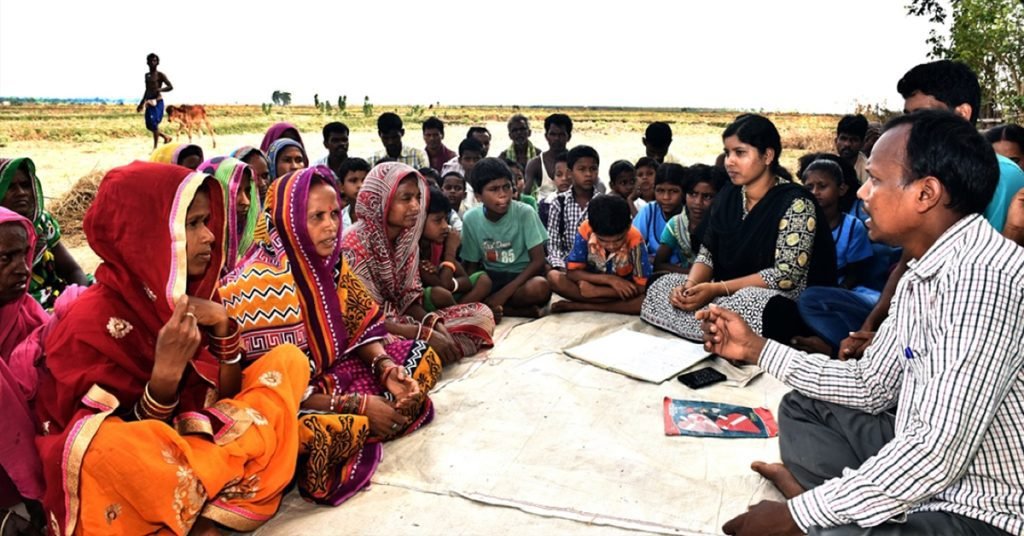
Practices in Effective Data Reporting
Presenting Data Clearly & Effectively
Effective reporting involves presenting data in a clear, concise way through visual appeal. Use charts or graphs along with other infographics that can help readers understand complex information easily.
Actionable Tip: Invest in training your staff on how data visualisation should be done besides report writing skills. Create templates that capture main findings while proposing actions within reports.
Match Reports to the Target Market
Different stakeholders have diverse information needs. Make your reports suit your audience’s requirements, such as donors, board members or community members.
Expert Opinion: “Understanding your audience and customising your reports according to their preferences is important for effective communication. Tailor these documents to suit the desires and worries of each stakeholder cluster,” says John Stevens, Communication Specialist.
Highlight Key Findings and Impact
Concentrate on key findings and outcomes. Utilise figures that will tell a powerful story regarding what difference your organisation has made.
Actionable Tip: Use case studies and success stories in reports to explain how actions impact real life situations. Back up the narrative with data and highlight accomplishments.
Be Transparent About Limitations
Recognize shortcomings in reporting data. Transparency about possible biases or gaps improves credibility and trust.
Expert Opinion: “One way to maintain trust with stakeholders is by being transparent about limitations in the data collection process. This means that you are devoted towards truthful representation,” explains Dr. Jessica Lee, Data Analyst.
Utilise Feedback for Improvement
Ask for feedback about report content and data capturing methods used. Use this feedback to make improvements and refine your practices.
Actionable Tip: Have a system where stakeholders can give feedback on your reports. Regularly evaluate such comments in order to enhance both the practice of gathering information as well as its dissemination using the same.
Actionable Tips for Organizations
- Invest in Training: Educate your workers concerning collecting, managing along with reporting of data properly. Update training materials as new advances emerge in technology regularly.
- Embrace Best Approaches: Follow best approaches to data gathering and reporting which should include using standard tools, ensuring data accuracy, and presenting information in a clear manner.
- Use Technology: Make use of digital tools and platforms in order to make the process of data collection and reporting easier. Find out about other advanced technologies that can aid you in managing your information well.
- Involve Stakeholders: Reports have to be adjusted depending on who is going to read them. Use facts to narrate events convincingly so as to show how much work you have done.
- Transparency is Important: Recognize the limitations of your data and reports. Let stakeholders know that there may be some biases or gaps in the report making them trust you more.
- Feedback Utilisation: Develop feedback mechanism through which stakeholders will give their inputs into the way they think you are doing it right or wrong regarding your data collection practices and reporting activities. Improve continually by taking advice from these evaluations.
Conclusion
It is a fact that effective collection and reporting of data are crucial for propelling social work forward. Organisations can use best practices, technology, and engage with stakeholders to increase their ability to make good decisions, be transparent and move the needle. Integral World helps development organisations incorporate these principles into their operations so they reach their targets.
Do you want to improve your data collection and reporting procedures? Be a part of Integral World and our well-developed strategic workshops and training programs designed to strengthen your organisation and produce results.

